Practicum
Courses
The practicum is the capstone of our rigorous training program.
Structure & Requirements
To earn practicum credit, each student must (1) complete a field placement of at least 100 hours under the supervision of a qualified practitioner or researcher, (2) attend and participate in a weekly seminar, and (3) submit ongoing reflective work, and (4) receive a satisfactory evaluation from their supervisor and seminar instructor.
Field placement. Over roughly 12 weeks, students average 8–10 hours per week at their approved site. At least 48 of those hours must be direct client or participant contact carried out in collaboration with a senior practitioner. Placements may span clinical, research, retreat, crisis‑support, or advocacy settings, provided the supervisor holds appropriate licensure, registration, certification, or ordination.
Weekly seminar. Students meet as a cohort with program faculty for discussion‑based sessions that integrate onsite experiences with scholarly readings, case material, and ethical dilemmas. Because the seminar is an essential component of reflective practice, attendance is mandatory; any absence must be approved in advance, and repeated absences place course credit at risk.
Reflective documentation and evaluation. Throughout the semester, students keep a journal linking practicum experiences to course competencies, submit self‑assessments, and ensure their supervisor completes a final evaluations.
Collectively, these requirements ensure that the practicum is more than simply accumulating hours. They create a structured yet flexible framework for sustained learning, professional networking, and ethical, culturally grounded engagement with people using psychedelics.
Choosing Your Practicum Site — What Counts
Students have considerable latitude in selecting a placement, so long as it aligns with their career goals and offers meaningful, supervised contact with people engaging psychedelic medicines. For those on a clinical track, a ketamine‑assisted psychotherapy clinic or a residential plant‑medicine retreat can provide hands‑on experience in preparation, dosing, and integration sessions. Students drawn to research might join a hospital or university lab conducting human trials or observational fieldwork. Others may prefer community‑oriented roles—answering calls on a psychedelic crisis‑support line, helping run integration circles, or coordinating harm‑reduction services at public events. Advocacy and policy settings are equally valid, allowing students to assist a non‑profit that lobbies for equitable psychedelic legislation or drafts best‑practice guidelines. Many students weave together two complementary sites—for example, splitting hours between a retreat center and a lab—to gain a broader perspective. Whatever the configuration, the key criteria are clear supervision, a structured plan for meeting the practicum learning goals, and consistent opportunities to interact with, study, or support individuals who are actively using or integrating psychedelic substances.
See below for choice of practicum options, on and off campus.
Expectations & Best Practices
Plan Early: Strong placements often require criminal‑record checks, onboarding, or site‑specific training—start outreach well before the proposal deadline.
Quality over Quantity: Supervisors may opt not sign off on compressed schedules; aim for 8–10 hrs/week of consistent engagement.
Engage Deliberately: Treat every contact hour as a chance to observe, ask questions, and build rapport—the relationships you cultivate now can lead to future collaborations or employment.
Ethics & Cultural Humility: Practicum work must align with professional standards, local regulations, and the program’s commitment to equity and Indigenous and culturally‑informed psychedelic practices.
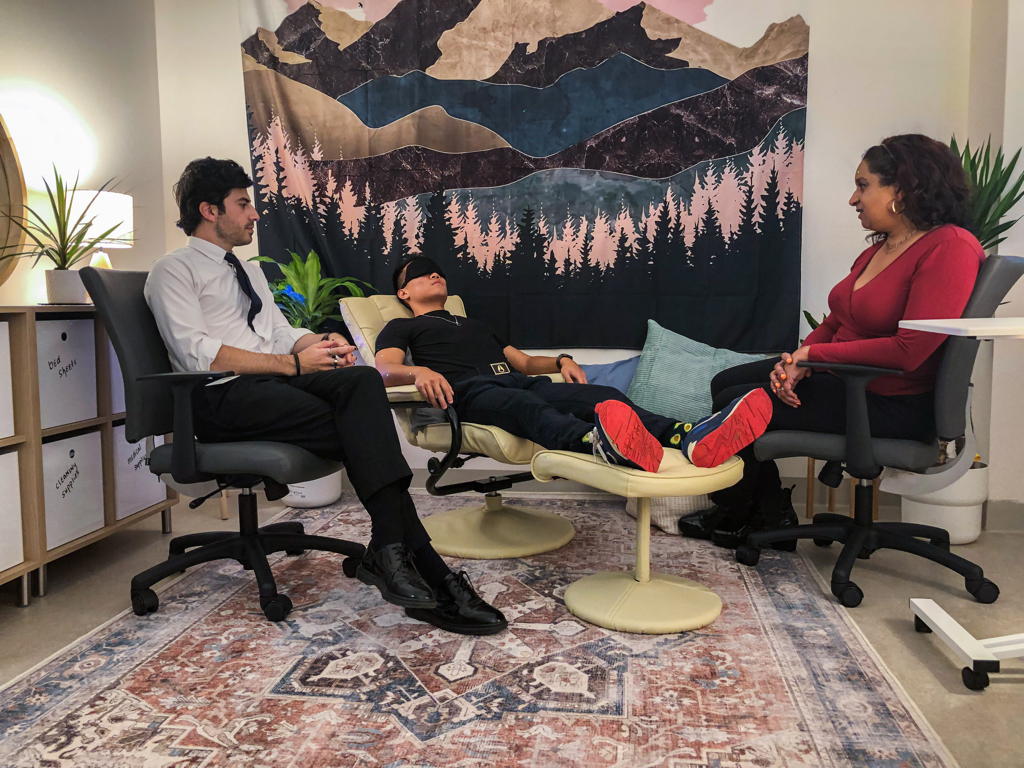
Practicum Overview (PSY 6002 / PSY 6013)
The practicum is a foundational component of the Psychedelics & Consciousness Studies Master's Program. It gives students a minimum of 100 supervised hours spread evenly across the semester in which they enroll—typically the Summer term (May - August), though Fall or Winter placements may be arranged in certain cases with prior approval. The emphasis is on sustained engagement, skill development, and relationship‑building in real‑world psychedelic settings — not on “clocking” hours as quickly as possible. The practicum experience should reflect the kind of work the student wants to do in the field of psychedelics once they complete their program of study.
Available Practicum Courses
The practicum is designed for students in the MA program and the (forthcoming) diploma program, and should be taken at or near the end of the course sequence.
- PSY 6002 Practicum in Applied Research (3 units)
-or- - PSY 6013 Practicum in Clinical Psychedelics (3 units)
MA program graduates who have satisfactorily completed all coursework along with PSY 6013, may be able to receive a graduate diploma (certificate) in Psychedelic Therapies along with their Master's Degree (pending final approval of certificate program).
Learning Goals
- Professional Competence – Apply classroom knowledge to supervised, practice‑based work.
- Network Development – Forge connections with clinicians, researchers, retreat leaders, advocates, and other professionals who can support your career trajectory.
- Reflective Practice – Integrate weekly classroom discussions with onsite experiences to refine ethical, culturally‑informed, and evidence‑based approaches to psychedelic work.
- Direct Psychedelic Engagement – Where applicable, interact directly with individuals who are actively using or integrating psychedelic medicines, cultivating safe, compassionate, and culturally-grounded care.
Proposal & Approval Timeline
Summer Term Example
- Jan 15 - Attend online practicum info session and begin site outreach
- Feb 1 - Contact the site you are interested in and complete the Practicum Proposal Form together with the Site Supervisor
- Mar 1 - Submit Practicum Proposal Form (outline of site, supervisor credentials, learning objectives, draft schedule) to Graduate Office
- Mar 15 - Feedback / conditional approval returned from Program Director
- Apr 1 - Resubmit final proposal and signed Learning Agreement
- Apr 15 - Final approval issued; registration opens
- May 7 - Semester begins; start attending weekly class meeting
- Aug 15 - Final hours completed by Student
- Aug 30 - Grades and letters of evaluation submitted by Instructor
Deadlines shift proportionally for Fall and Winter practicum offerings; students planning an alternative semester must consult the Program Director at least 12 weeks before that term begins.

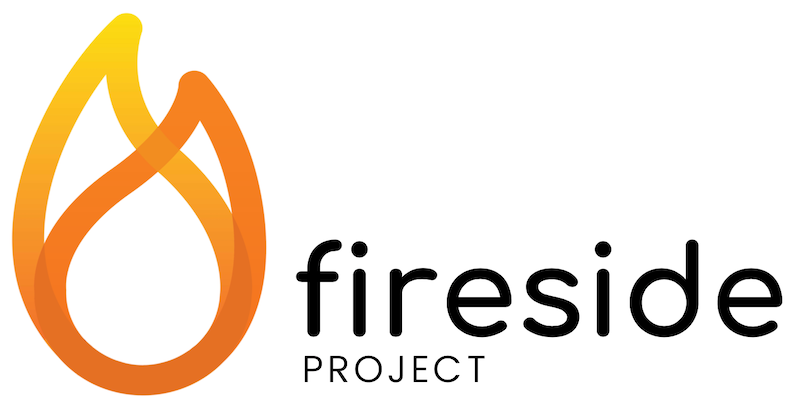

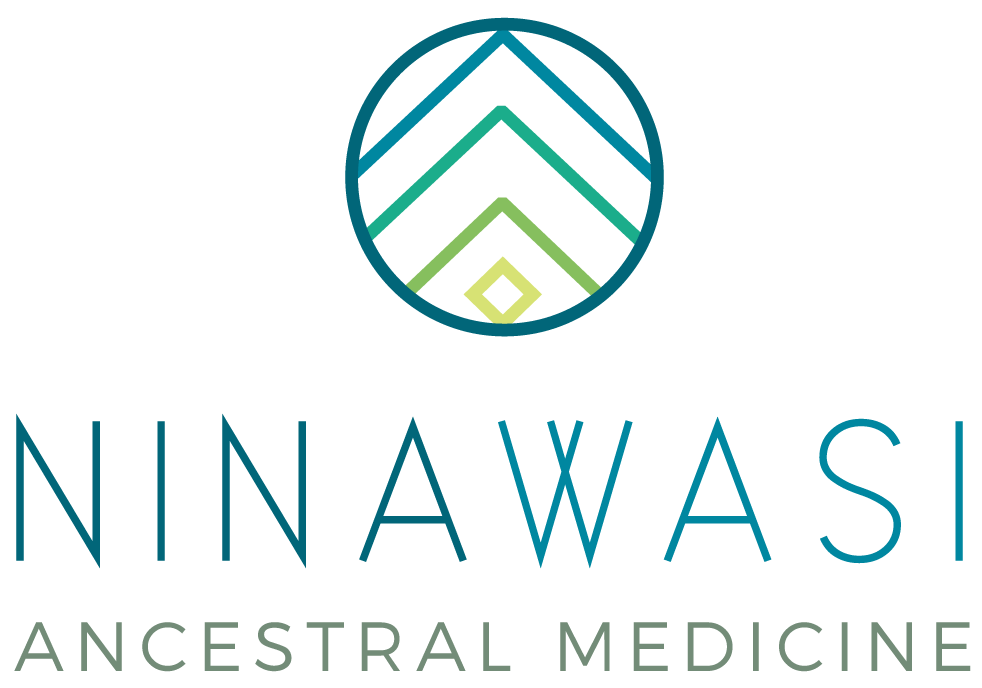
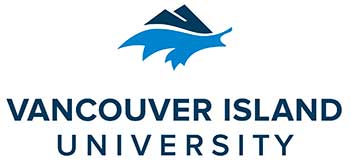
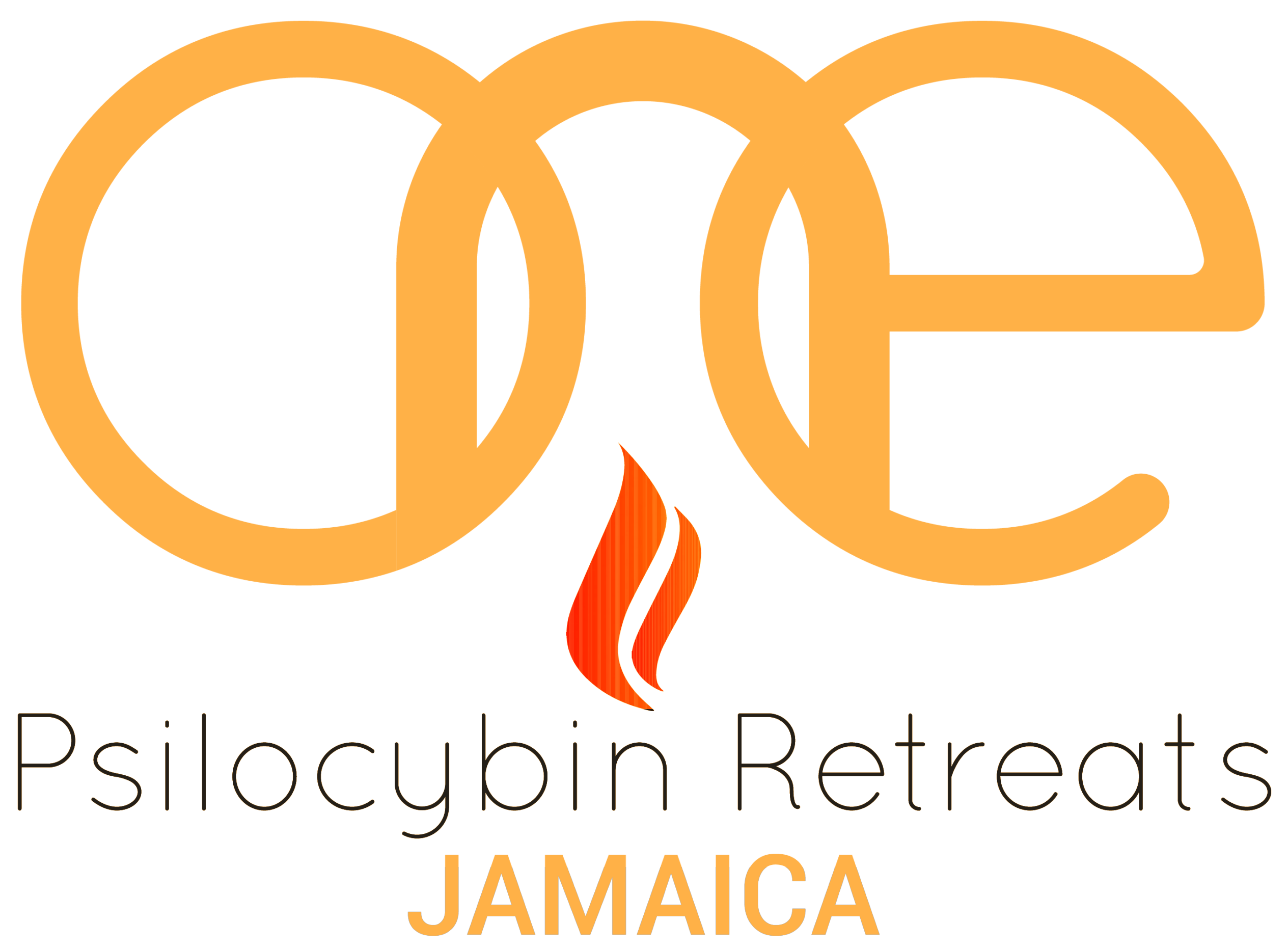

Clinicians
The Mental Health track involves advanced study and training in psychedelics-assisted therapies for mental health professionals.

Spiritual Care Providers
The Spiritual Care track includes advanced study and training in psychedelic-assisted spiritual care for clergy, traditional, and spiritual care providers.

Researchers
The Research Track provides graduate level research training in the field of psychedelic studies, with the opportunity to pursue doctoral studies in a related discipline.
Approved Practicum
Opportunities
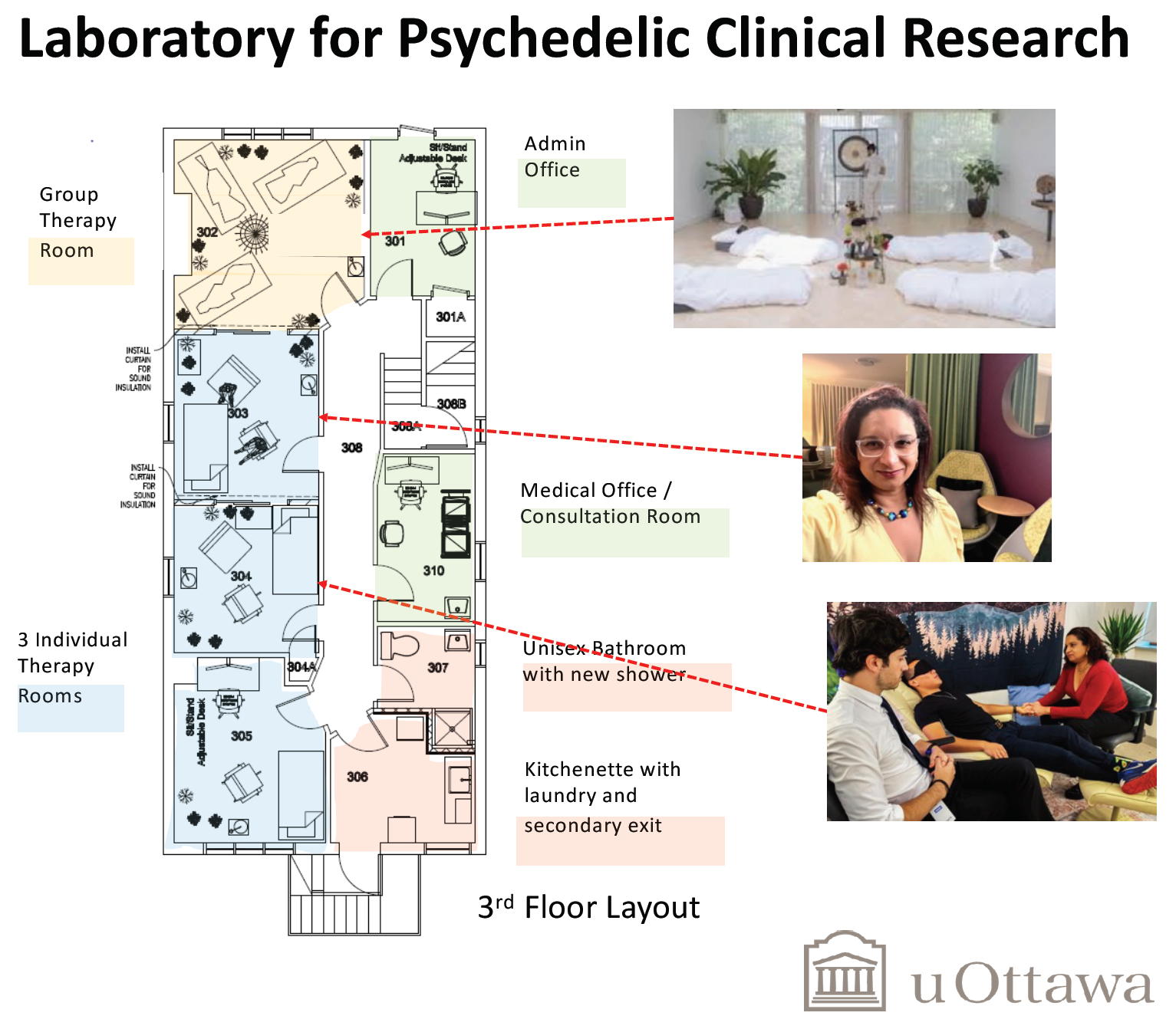
The Laboratory for Psychedelic Clinical Research (LPCR) is at 554 King Edward Ave., a 6-room suite where innovative psychedelic research takes place right on the uOttawa campus. The LPCR is a source of training opportunities for graduate students. It also houses the Behavioural Wellness Clinic, which is engaged in ketamine-assisted psychotherapy with partners at FieldTrip and TMS Life, making this an excellent practicum site for students.
Current Practicum Opportunities Include
- Being a co-therapist for a KAP research study of major depressive disorder.
- Interviewing study participants with marginalized identities about their personal use of psychedelics.
Students should reach out to Dr. Monnica Williams if they have interest in clinical or research-oriented practicum opportunities at this location.
Off-Campus Opportunities
Clinically-Oriented Students (PSY 6013)
Clinical students should see 3 client for PAT in clinical settings, or assist with 2 full psychedelic retreats for full credit.
- Behavioral Wellness Clinic, Ketamine-Assisted Therapy Program, Connecticut, USA
- One Retreats, Psilocybin Mushroom Ceremonies, Negril, Jamaica
- Roots to Thrive, Preceptor Training Program, Vancouver Island University, Nanaimo, BC
- Psychdedelia Stiftung, Psilocybin Mushroom Ceremonies, Jamaica
- Modern Spirit, Retreats in Colombia and USA
- La Medicina, Ayahuasca Retreats in Peru
- Mystic Health, Los Angeles, California, USA
- Living Medicine, Asheville, NC, USA (under development)
- Transcend Clinic, Mexico (under development)
All Students (PSY 6002)
- Chacruna Institute for Psychedelic Plant Medicines, Intership Program (online)
- Fireside Project Hotline Volunteer (online)
- Zendo Project, Volunteer
- Psychdedelia Stiftung, Psilocybin Mushroom Ceremonies, various locations
